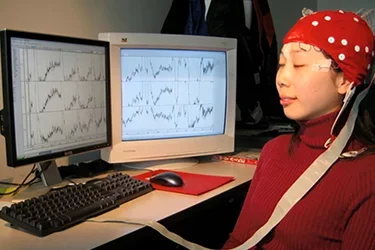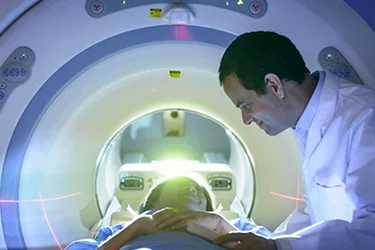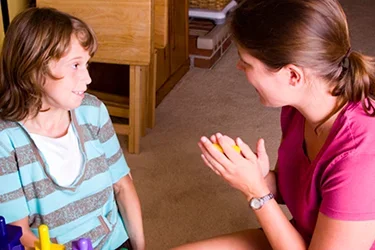Autism
Autism And The Developing Brain
Synergy In Research And Autism Treatment
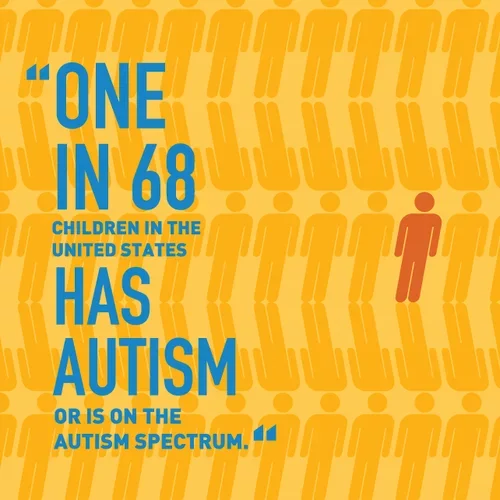
Autism, now known as autism spectrum disorder (ASD), is a neurodevelopmental disorder characterized by impaired social interaction, delays in verbal and non-verbal communication, and repetitive and restricted patterns of behavior. ASD can range from mild to severe. People with the condition present with a wide variety of additional challenges, including sensory or motor deficits and intellectual disability.
For more than 50 years, UCLA researchers have sought to improve the lives of children with ASD as well as their families, while pursuing a deeper understanding of the biological basis of the condition. Several significant discoveries have led to diagnostic and ASD treatment methodologies that now are accepted worldwide. But that is only a start. Diagnoses of ASD have soared. An estimated one in 68 U.S. children has been identified as having an ASD, according to the U.S. Centers for Disease Control and Prevention.
To address the growing demand for diagnosis, treatment and scientific research, UCLA established the Center for Autism Research and Treatment (CART).
Center for Autism Research and Treatment (CART)
To address the growing demand for diagnosis, treatment and scientific research, UCLA established the Center for Autism Research and Treatment (CART) in 2003, as one of eight centers participating in a federally funded research initiative titled "Studies to Advance Autism Research and Treatment (STAART). Subsequently, UCLA's autism center has remained in a leading national and international role, supported by more than three Autism Center of Excellence grants.
Throughout the world, professionals working in the field of ASD look to UCLA's autism center to provide research leadership and novel insights on the disorder. "The foundation of our center, and what makes it perhaps the leading center in the world, is that it depends almost entirely on widespread collaboration from faculty and students in different disciplines," says Dr. Daniel Geschwind, the director of the autism research center and a professor of neurology, psychiatry and human genetics. "It's really a comprehensive, collaborative effort with the school of education, psychology, neuroscience and genetics, psychiatry and neurology."
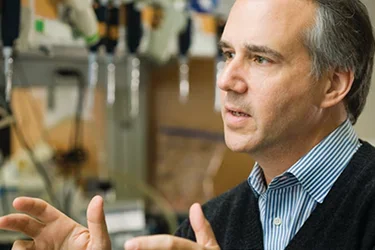
Daniel Geschwind, MD, PhD
Senior Associate Dean and Associate Vice Chancellor for Precision Medicine
Focus on 5 Areas
- Identifying the earliest signs of ASD in high-risk infants
- Parental engagement in infants at risk for ASD
- Augmenting language interventions for ASD
- Neuroimaging signatures of ASD and linking brain function to genes and behavior
- Genetic and genomic analysis to connect genes to brain and cognition in ASD
Other Areas of Focus
- Modeling ASD risk genes in human neurons and animal models to identify key pathways
- Increasing representation of diverse communities in our research
- Autism biomarkers for identification in infants to improve early diagnosis
- Multiple imaging and treatment studies to identify the core brain mechanisms involved

